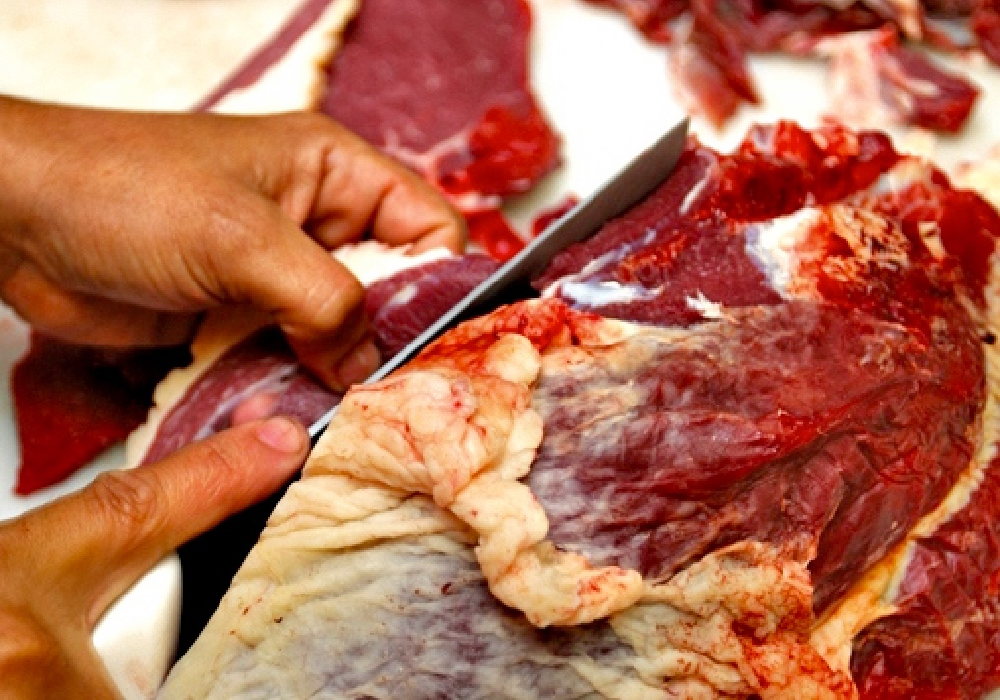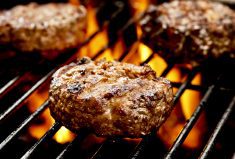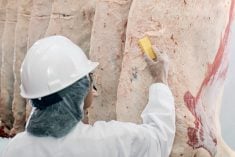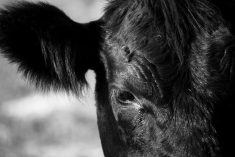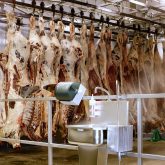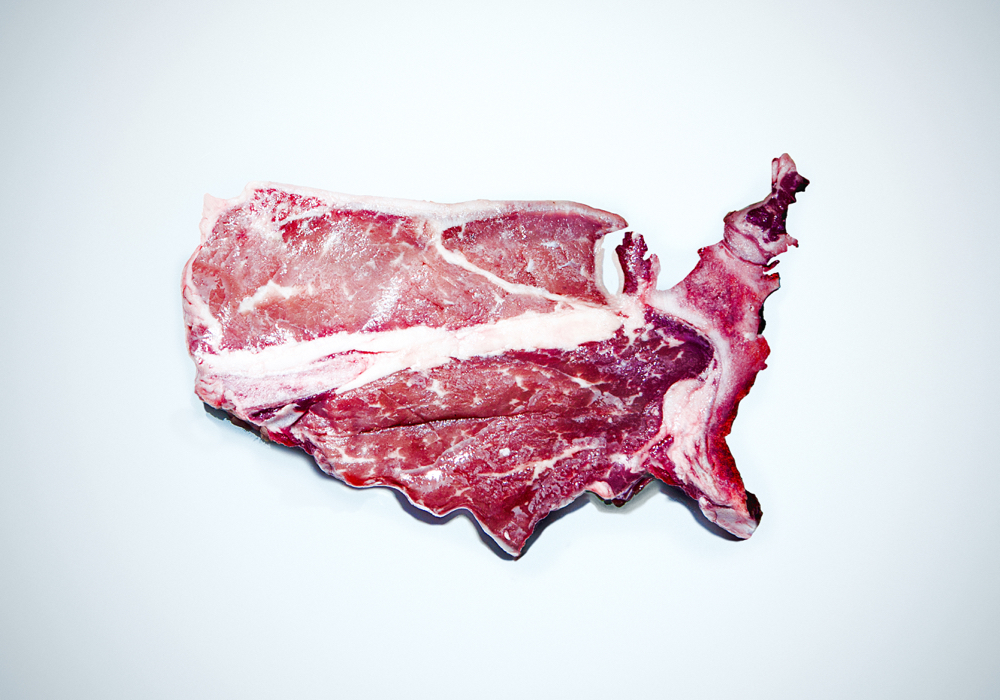The COVID-19 pandemic didn’t quite bring North American beef processors to their knees in April-May. But many of the largest plants in Canada and the U.S. were forced to close temporarily or drastically reduce operations because of worker illnesses and absenteeism related to the virus. U.S beef plants one week ran at only 68 per cent of capacity.
That the pandemic struck the fulcrum of the beef chain understandably raised concerns and questions as to whether the beef industries in both countries were too dependent on a few mega-sized processing plants. This led to calls to allow existing state-inspected plants in the U.S. to sell beef out of state and to explore ways to support the building of new small plants.
Read Also
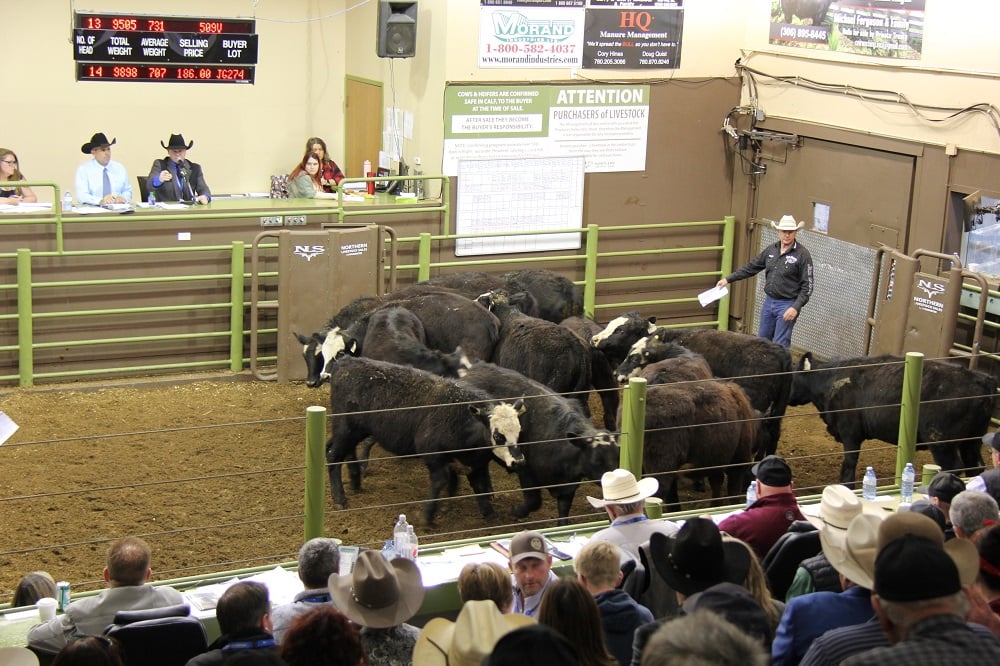
Cattle Market Summary
Break-evens, cow and calf prices, plus market summaries courtesy of Canfax and Beef Farmers of Ontario. Cost of Production May…
While all this was going on, one privately owned company long prominent in the beef industry and agriculture in the Pacific Northwest was quietly readying itself to make a dramatic announcement. Thus on August 7, in a hangar at Jerome Airport in Idaho, Agri Beef Co. unveiled plans for a new beef processing plant in Jerome that will process 500 head per day. It will thus be an alternative model in an industry dominated by large plants and is exactly what some people only a few weeks earlier had been calling for.
The venture will be different in another way. Agri Beef will be the majority owner of the plant but cattle producers and feeders in the region will also will be equity owners. Agri Beef, based in Boise, Idaho, is already the industry’s 11th largest beef processor with a capacity of 1,550 head per day at its plant in Toppenish, Washington. Agri Beef hopes the Jerome plant will open late next year or in early 2022. Once it reaches its 500-head capacity, Agri Beef will become the industry’s eighth largest beef processor in the U.S.
The plant will be a big boost to Idaho’s cattle producers. The state has consistently ranked in the mid-tier of states in overall cattle numbers, beef cow numbers, the number of cattle on feed and the number marketed. But it has long lacked any beef processing capacity. A 500-head per day plant in Nampa, Idaho, that processed fed cattle closed in 2003. It subsequently reopened as a non-fed processor but closed in 2011. Tyson Foods earlier closed its Boise fed-beef plant in 2006.
On January 1 this year, Idaho had 2.490 million cattle and calves. These included 635,000 dairy cows and 495,000 beef cows. Idaho feedlots marketed 477,000 cattle in 2019. Half of these went south to JBS USA’s Hyrum, Utah plant and the remainder to Agri Beef’s Toppenish plant or Tyson Foods’ Pasco, Washington plant. Idaho had 280,000 head on feed on July 1. So the new plant will have a good supply of cattle to draw on.
The Jerome plant, which will operate as True West Beef, will employ 400 workers. It will be a fully integrated plant, with slaughter, fabrication, rendering and hide operations under one roof. Regarding its design, Agri Beef will at some point meet with regulators, health officials and others to determine what might be required for worker health and safety requirements that are currently in plants because of COVID-19, says the firm’s Jay Theiler.
Agri Beef is also a long-time cattle feeder, with three feedlots with a combined capacity of 115,000 head. It also has four well-known beef brands. It might well launch a fifth when the new plant opens as it intends to process and sell only high-quality beef.

